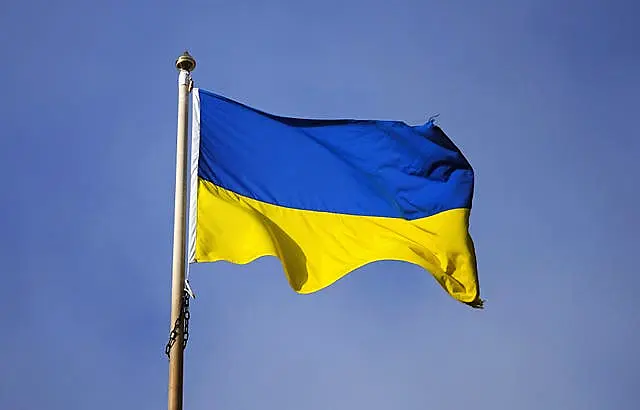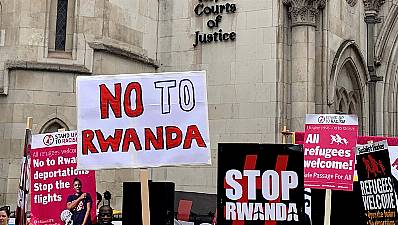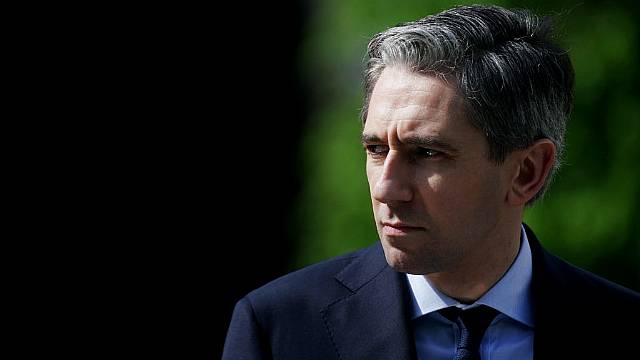Plans to cut payment rates for all Ukrainian refugees living in State accommodation has been described as “fair” and in line with “best practice” by the Taoiseach.
Ukrainian refugees who fled to Ireland in 2022 and early 2024 will have their allowances cut from the job seekers’ rate of €232 a week to €38.80 in the next three months.
The Government on Tuesday considering the memo and is expected to sign off on the plans.
It will mean many of the 100,000 people, who arrived in Ireland during the first two years of the war, will receive the same allowance as those who have arrived in Ireland since March, after the Government slashed rates for new arrivals.

Speaking on his way into Cabinet, Simon Harris said it is about “consistency of approach”.
“It doesn’t seem sensible to me that you could have two children from Ukraine at the same school today in a very different system of treatment for one person’s family versus the other,” he added.
“There needs to be a consistency of approach.
“Obviously, we have many people from Ukraine in our country. Many of them are working and making a valuable contribution to business right across Ireland, all of them with a legal entitlement to work.
“I think we need to see that consistency of approach in relation to welfare and we need to make sure the system is financially sustainable.
“I think Irish people have been incredibly generous and compassionate.
“But at the same time, we also have to make sure the systems we have in place are grounded in common sense, that they are fair and in line with what is best practice across the European Union.”
The move is among a number of measures to tighten rules around immigration.
The Cabinet is also to review entitlements of international protection applicants, as well as an increase in the number of workplace inspections.
Mr Harris said the Government will review the entire range of supports for migrants.
“What we are going to do here is make sure that we have a sustainable migration system and that we have a consistency of approach in relation to a range of issues around welfare and accommodation,” he added.
“Today’s memo should be seen very much in that guise. This is a compassionate country, but compassion does need to align with common sense.
“I think there are a number of proposals coming from a range of ministers that will be helpful in relation to that.”
He added: “Firstly, we are not just reviewing payments, we are reviewing the entire range of supports and how the State interacts. So for example, you have many, many, many people who have status in this country, who are through the immigration system and who are still living in free State accommodation without making a contribution.
“How do you best address that situation? When does the obligation in relation to social welfare end in terms of the process?
“It’s not necessarily just about a headline rate of payment, but more about how the welfare system and the accommodation system interacts.

“Crucially, I want Ireland to be in line with the European Union. This is about looking at what other European countries are doing and making sure our country isn’t out of kilter.
“Ireland will always live up to its international obligations. Ireland will always take a compassionate approach. Ireland benefits from migration.
“We also have to make sure our system is working, (our) system is efficient and effective, and meets the common sense test that Irish people wants to see us apply.”







